St. Jude Family of Websites
Explore our cutting edge research, world-class patient care, career opportunities and more.
St. Jude Children's Research Hospital Home

- Fundraising
St. Jude Family of Websites
Explore our cutting edge research, world-class patient care, career opportunities and more.
St. Jude Children's Research Hospital Home

- Fundraising
Human Performance Lab
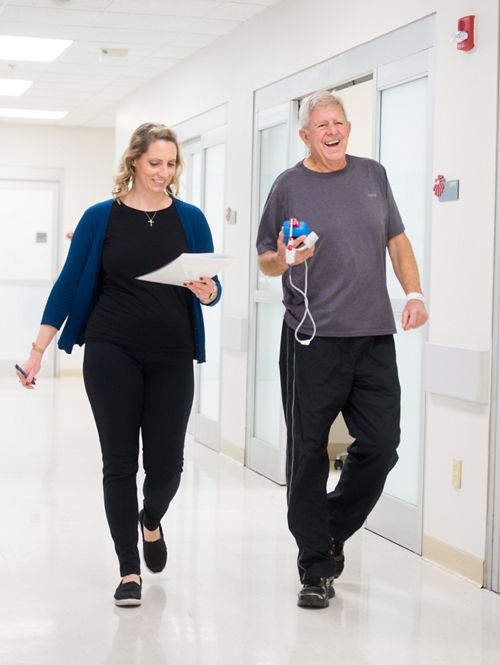
The Human Performance Laboratory at St. Jude Children’s Research Hospital evaluates physical function for long-term survivors of childhood cancer as part of the St. Jude LIFE study.
We most commonly assess survivors diagnosed with leukemia, lymphoma, and brain tumors, but our facility also evaluates survivors diagnosed with other types of cancer. In addition to our performance assessments of childhood cancer survivors, we conduct physical performance evaluations for pediatric patients receiving treatment for brain tumors, leukemia, lymphoma, solid tumors, sickle cell anemia, and neurological diseases. These evaluations occur at various time points throughout treatment and early remission.
Beyond assessments, we are able to perform interventions, including total-body vibration and in-person and virtual-exercise interventions, for on-therapy patients and survivors.
Our patient populations encompass all types of childhood cancer and other catastrophic diseases, range in age from 18 months to 70+ years, and cover a diagnostic span that ranges from newly diagnosed to 50+ years of survivorship. Approximately 50 patients participate in research testing each week at our state-of-the-art facility.
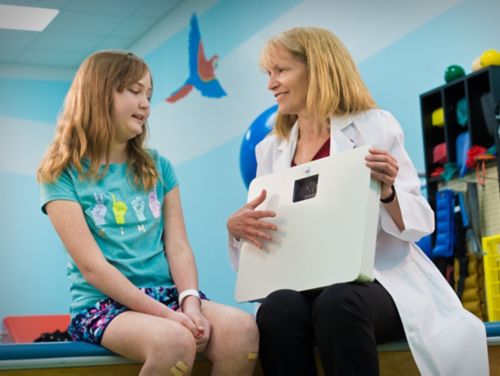
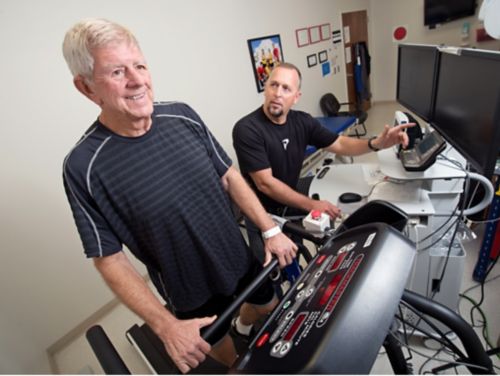
Facility and equipment
The Human Performance Laboratory occupies approximately 1100 square feet in the Patient Care Center. Our facility is staffed with certified clinical exercise physiologists and one physical therapist.
Beyond our expansive facility and experienced staff, the Human Performance Lab is equipped with advanced equipment. Some of the equipment in our facility consists of
- two MGC Diagnostics Ultima CPX metabolic stress test systems, complete with two treadmills
- one adult cycle ergometer
- one pediatric cycle ergometer
- one arm ergometer.
We perform maximal graded-exercise testing to determine fitness levels (maximal oxygen uptake, peak VO2). We also assess resting energy expenditure for some research protocols.
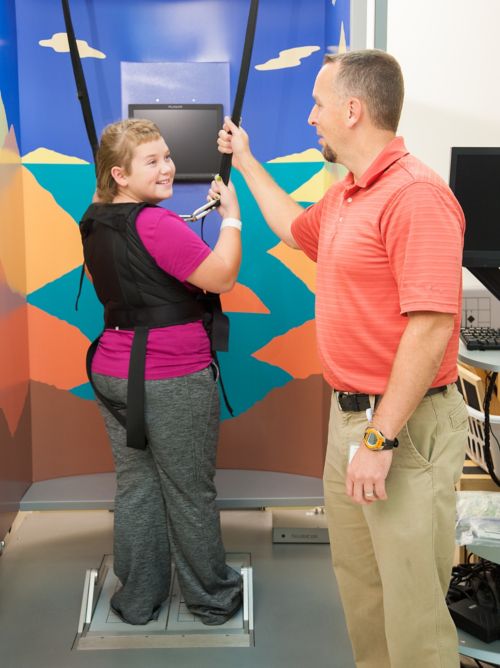
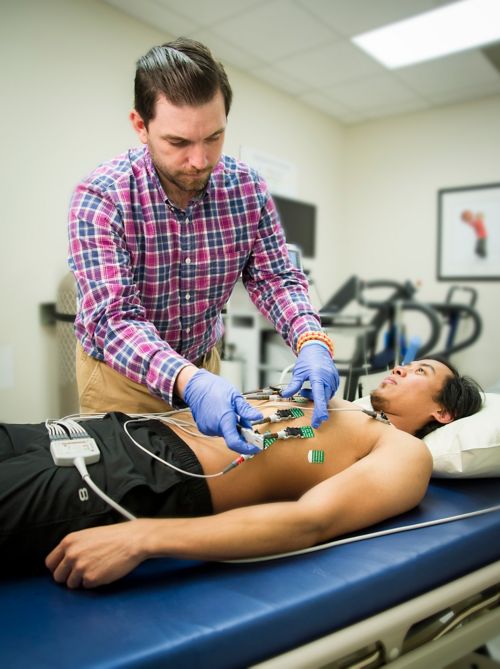
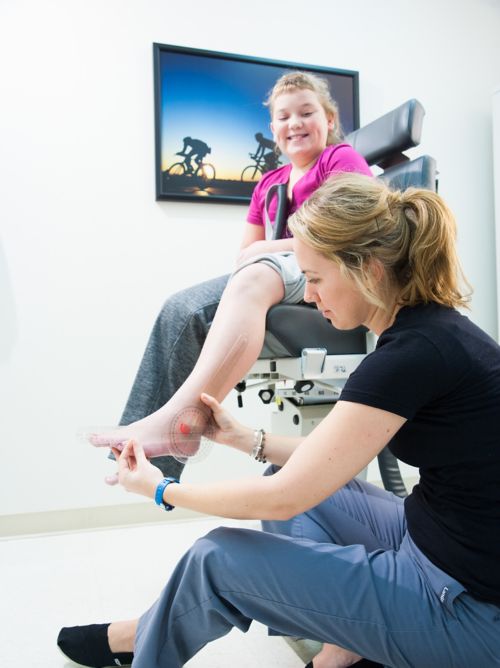
Muscular strength and endurance are tested with two Biodex System 4 Pro Isokinetic Strength Testing Systems. The Biodex systems can accommodate patients of all ages and sizes, and measure isokinetic, isometric, and isotonic strength. Speeds of movement, resistance, or limb positioning are modified depending on the needs of the research protocol.
We assess a patient’s or survivor’s balance with two Bertec Computerized Dynamic Posturography systems. We test the ability of the individual to maintain an upright position while responding to a variety of inputs to the eyes, the inner ear, and the sensory organs of the legs and feet.
Other types of available equipment include handheld dynamometry, myometry, range of motion, flexibility, and sensory-testing equipment. Our staff also assess patients for activities of daily living and fine- and gross-motor tasks.
Staff
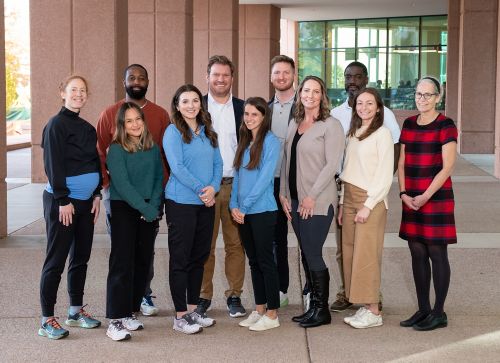
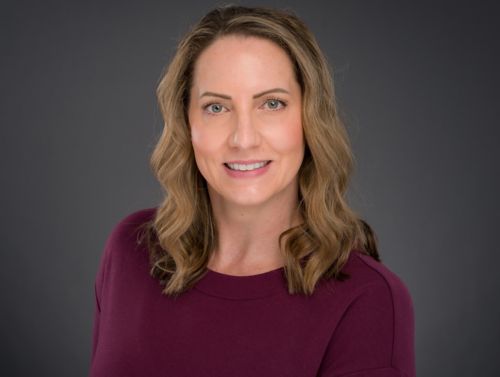
Robyn E. Partin, MS, MPH, CEP, CCRP
Director of Operations, Human Performance and Movement
BS, Exercise Science, University of Kansas, 2006
MS, Exercise, Sport, and Movement Sciences, University of Memphis, 2008
MPH, Epidemiology, University of Memphis, 2024
Certified Strength and Conditioning Specialist, National Strength and Conditioning Association, 2006
Certified Clinical Exercise Physiologist, American College of Sports Medicine, 2010
Certified Clinical Research Professional, The Society of Clinical Research Associates, 2017
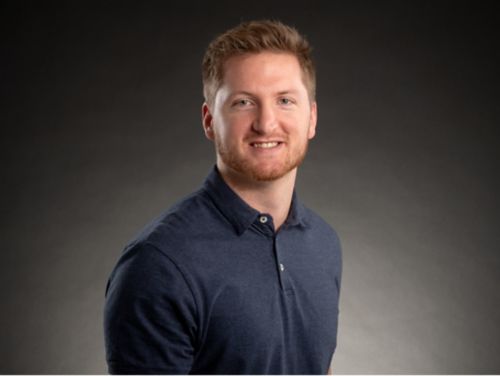
Sean T. O'Neil, MA, RCEP
Manager, Human Performance Lab
B.S. Exercise Science, Central Michigan University, 2016
M.A. Exercise Physiology, Central Michigan University, 2018
Registered Clinical Exercise Physiologist, American College of Sports Medicine, 2018
Cancer Exercise Specialist, American College of Sports Medicine, 2024
Youth Fitness Specialist Certificate, American College of Sports Medicine, 2024
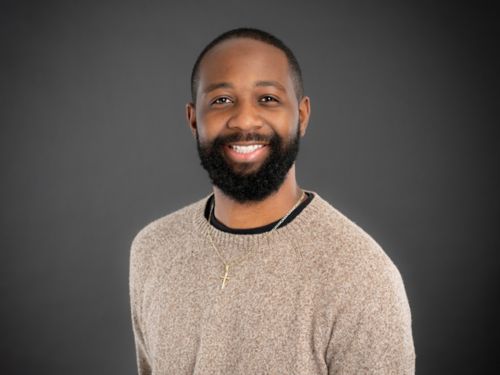
CJ Blume, BS
Exercise Physiologist
B.S. Exercise Science, Lander University, 2018
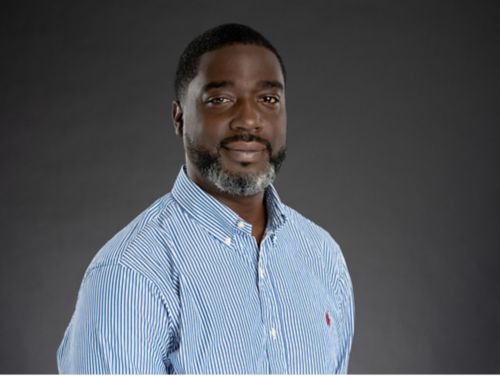
John Chase, BS, CEP
Exercise Physiologist
B.S. Exercise Science, University of Mississippi, 2009
Certified Personal Trainer, National Council on Strength and Fitness, 2010
Certified Personal Trainer, Athletics and Fitness Association of America, 2011
Certified Clinical Exercise Physiologist, American College of Sports Medicine, 2024
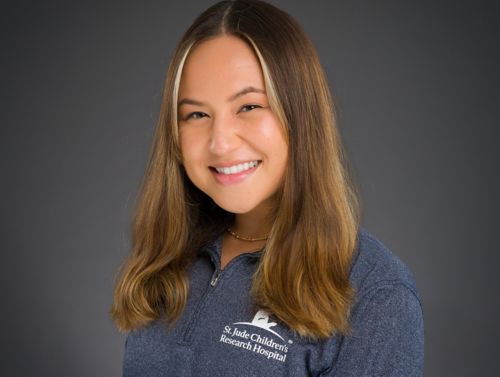
Angela Corcoran, MS, CEP
Exercise Physiologist
B.S. Exercise Science, Eastern Illinois University, 2020
M.S. Exercise Physiology, Eastern Illinois University, 2021
Certified Health Coach, American Council on Exercise, 2022
Certified Clinical Exercise Physiologist, American College of Sports Medicine, 2024
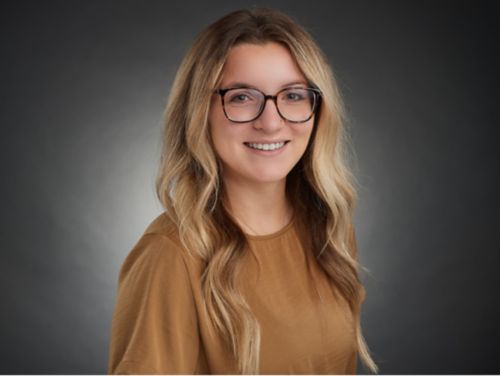
Ashley McNickle, MS, CEP
Exercise Physiologist
B.S. Exercise Science, Georgia Southern University, 2018
M.S. Kinesiology, Exercise Physiology Concentration, Western Kentucky University, 2020
Certified Clinical Exercise Physiologist, American College of Sports Medicine, 2022
Certified Personal Trainer, American College of Sports Medicine, 2023
Cancer Exercise Specialist, American College of Sports Medicine, 2024
Youth Fitness Specialist Certificate, American College of Sports Medicine, 2024
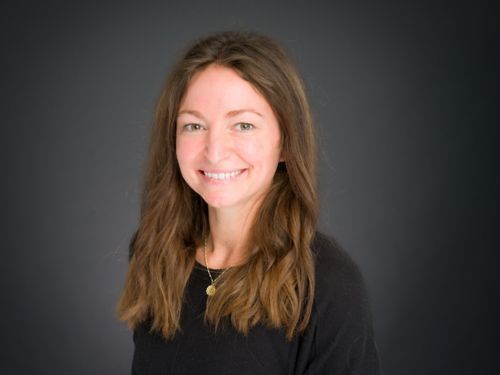
Kayla Payne, MS, CEP
Exercise Physiologist
B.S. Exercise Science, Western Kentucky University, 2012
M.S. Exercise and Nutrition Science, Lipscomb University, 2014
Certified Personal Trainer, American College of Sports Medicine, 2015
200-Hour Registered Yoga Teacher, Yoga Alliance, 2018
Certified Health and Wellness Coach, American Fitness Professionals and Associates, 2022
Certified Clinical Exercise Physiologist, American College of Sports Medicine, 2023
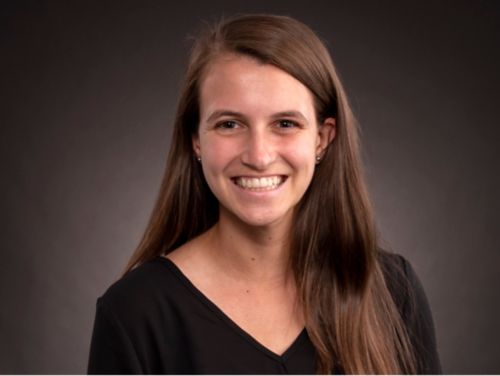
Nicole Svendsen, MS, CEP
Sr. Exercise Physiologist
B.S. Exercise Science, University of Central Missouri, 2018
M.S. Cancer Care, Exercise Oncology Concentration, Saint Francis University, 2020
Certified Cancer Exercise Trainer, American College of Sports Medicine/American Cancer Society, 2020
Certified Clinical Exercise Physiologist, American College of Sports Medicine, 2021
Exercise is Medicine, American College of Sports Medicine, 2024
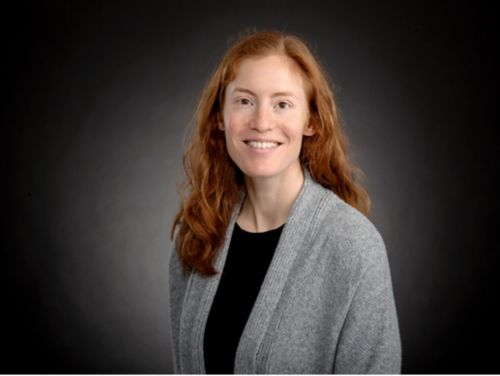
Michelle Tollakson, PT, DPT, OCS
Physical Therapist
B.S. Kinesiology, University of Wisconsin, Madison, 2013
DPT Doctor of Physical Therapy, University of Wisconsin, Madison, 2016
Board Certified Orthopaedic Clinical Specialist, American Board of Physical Therapy Specialties, 2020
Student internships and shadowing
Full time undergraduate and graduate internships are available in the Human Performance Lab in the spring, summer, and fall semesters for Exercise Science, Exercise Physiology, or Kinesiology majors (or equivalent). Internship hour requirements are dependent upon the requirements of the student’s university. Internships are full time (40 hours per week) and cannot be part time. You will learn how to perform physical function assessments on childhood cancer survivors and complete research projects.
In order to apply for an internship in the Human Performance Lab, the following criteria must be submitted to robyn.partin@stjude.org.
- Academic transcript from all collegiate institutions you have attended.
- Please submit first and ASAP, as we do have academic standards for placement in our internship program.
*Academic Eligibility Requirements:
(Meeting these requirements does not guarantee acceptance into program
- Completed EXSS 4000 (University of Memphis) or equivalent (Lab Testing/Interpretation Course)
- Minimum Cumulative GPA of 3.25.
- No grade below a “C” in any major course.
- If a course is repeated, the best grade will be considered.
- If an undergraduate, student must be in the final year of their degree.
- Two letters of reference: one from a recent professor and one from a supervisor in a job setting.
- Please have reference letters emailed by professor and supervisor.
- A writing assignment, preferably from an exercise science related topic to determine your writing abilities.
- Optional: anything additional such as a resume.
Shadowing opportunities
One day shadowing opportunities are available for undergraduate or graduate students who otherwise do not meet requirements for an internship. Please submit the following to robyn.partin@stjude.org:
- Immunization Records
- One letter of reference from professor
- Written paragraph explaining interest in shadowing opportunity
